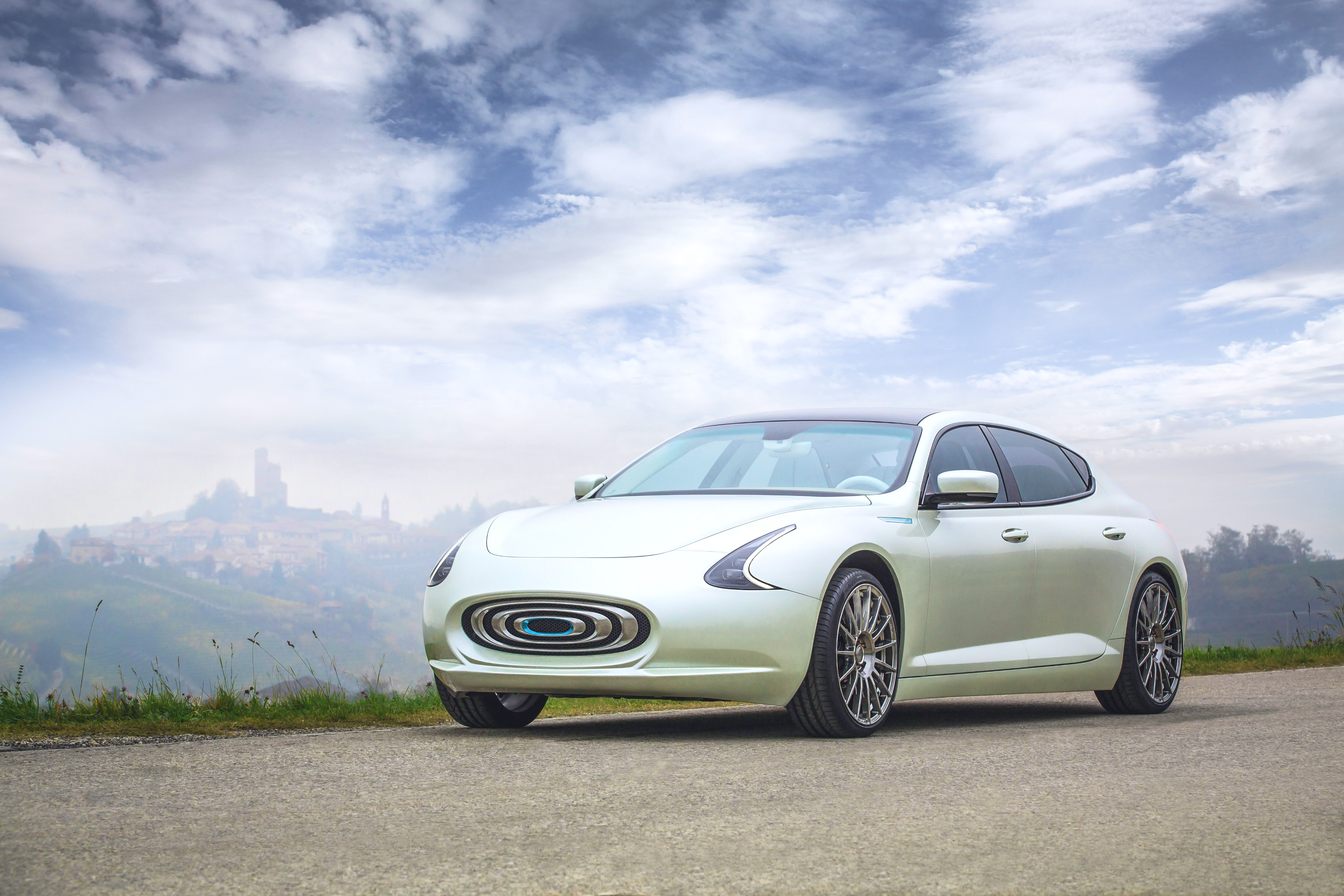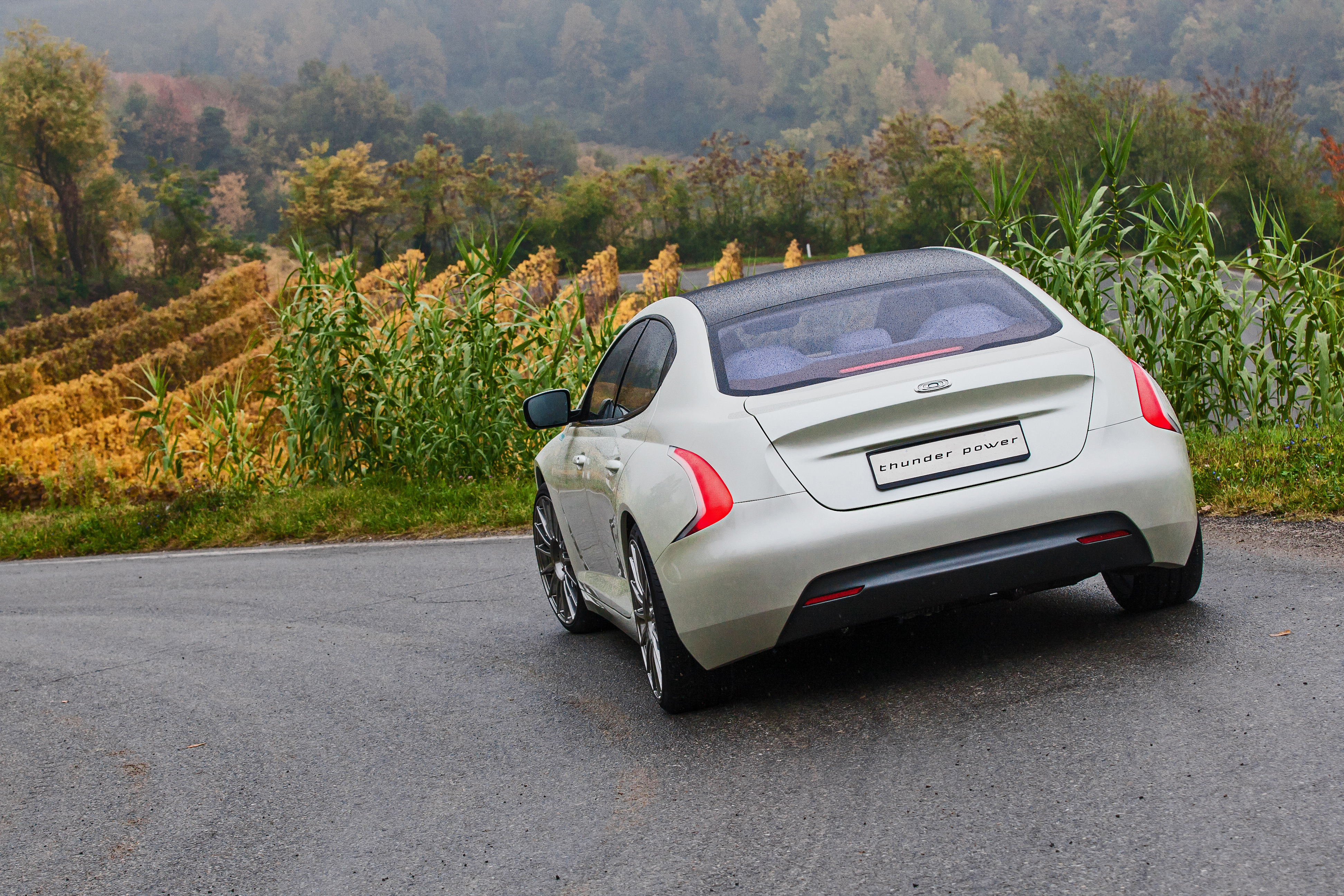STORY: Cars or Phones on Wheels?
Mar 16, 2018With the focus on big data, cloud and connectivity, the line between an actual car and an oversized phone that provides mobility gets blurrier by the day.

Since its invention in 1886, the world’s first automobile has come a long way. Today, daily commute to and from work is commonplace and the distance we cover is unimaginable before cars were invented. The car not only saves us time, the enhanced personal mobility also creates endless opportunities and opens up the world in ways that were not possible before.
For over a century, people have enjoyed the benefits brought about by the automobile, oblivious to the cost until recent decades. Melting polar ice caps and toxic emissions resulted from the internal combustion engine burning fossil fuels push governments worldwide—China most notably—to drive the change in how cars are powered.
The Future is Electric
In comes the electrification of cars, spearheaded by governments and companies who believe in a sustainable future. Keen-eyed consumers would notice, however, that electric cars were already gaining momentum even before state intervention, which begs the question: why were consumers making the switch before the electric vehicle was made economically attractive by heavy government subsidies?
Environmental benefits aside, electric cars are actually more energy efficient than their traditional counterpart—in simple words, to cover the same distance, electric car owners would spend significantly less money on electricity charging up their cars than traditional car owners paying for petrol.
This is still a financial incentive. But perhaps what truly makes electric cars attractive is the shift in drivers’ behaviour. The car as we know it has largely been the same for the past 50 years, and so has our expectation of its functionality—until the smartphone came along and changed everything. If phones can allow us to stay connected at all times, why not cars?
Gadgets on Roads
Enters a new breed of cars which advertise their ability to connect their owners to the world while on the road. Providing online infotainment is the key promise, as well as real-time traffic intelligence to help drivers with navigation. Having an AI assistant like Siri or Alexa on board allows drivers to give instructions to their car with a simple voice command or gesture.
Sounds familiar? We thought so. In essence they’re not unlike giant phones on wheels. In the pursuit of car connectivity, however, what we see is a diminished emphasis on hardware. This is especially true with new players. The math is simple: wherever companies invest more time and resources is where they’ll likely see better results.
"The true connected car is certainly more than just a vehicle with a gigantic touchscreen dashboard"
The lack of an internal combustion engine means electric cars have a relatively low barrier to entry but it is still incredibly complex to manufacture. The chassis, the electric powertrain, not to mention the battery, are the foundations of the electric car. Sure, the new needs and behaviours of drivers have to be addressed, but putting the focus on connectivity rather than performance, safety and handling is a dangerous game, guaranteed to produce a lacklustre vehicle that will shake consumers’ confidence in electric cars while it’s still relatively new.
When 37% of consumers said they would switch to another manufacturer for better access to applications, data, and media, they assume the basics of the cars are comparable. Put simply, would you sacrifice safety and performance for the ability to watch Facebook videos on the dashboard? Highly unlikely.

The True Connected Car
This is why Thunder Power is putting the emphasis on the fundamentals, especially on battery performance, which will make or break an electric car. That is not to say we do not believe in the concept of the connected car—on the contrary, we believe it’s the way forward—but the true connected car is certainly more than just a vehicle with a gigantic touchscreen dashboard.
In the next 50 years, connected cars will continue to change driving experience for the better. The network connecting the cars will do so much more than just provide infotainment—the data gathered from each car on the road will help to optimise the vehicle’s internal functions via software updates. It’ll also help governments and corporations better understand drivers’ behaviour and improve safety on the road. In the long run the data may even help alleviate traffic congestion—the possibilities are endless.
But for the connected car to truly fulfil its potentials, a lot of things have to happen in tandem. 4G (or 5G, in the next decade) coverage needs to be dramatically improved, for one. Electric car uptake has to significantly increase for any meaningful data collection. And to increase uptake, we have to come back to performance and safety, which are key to consumers’ confidence in EV. For now, this should be carmakers’ main focus; connectivity should be treated as a feature of the car, not its main sell.
